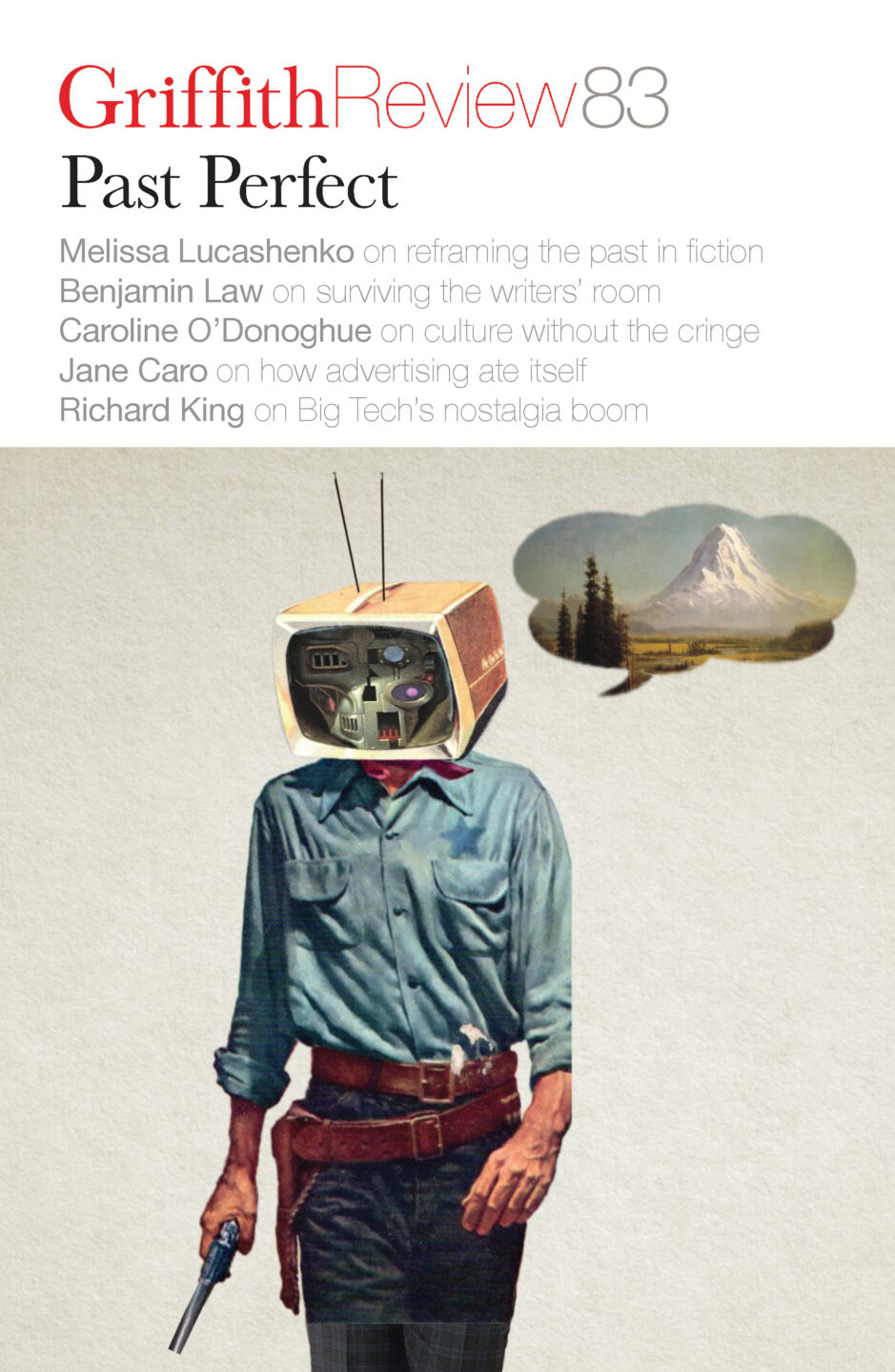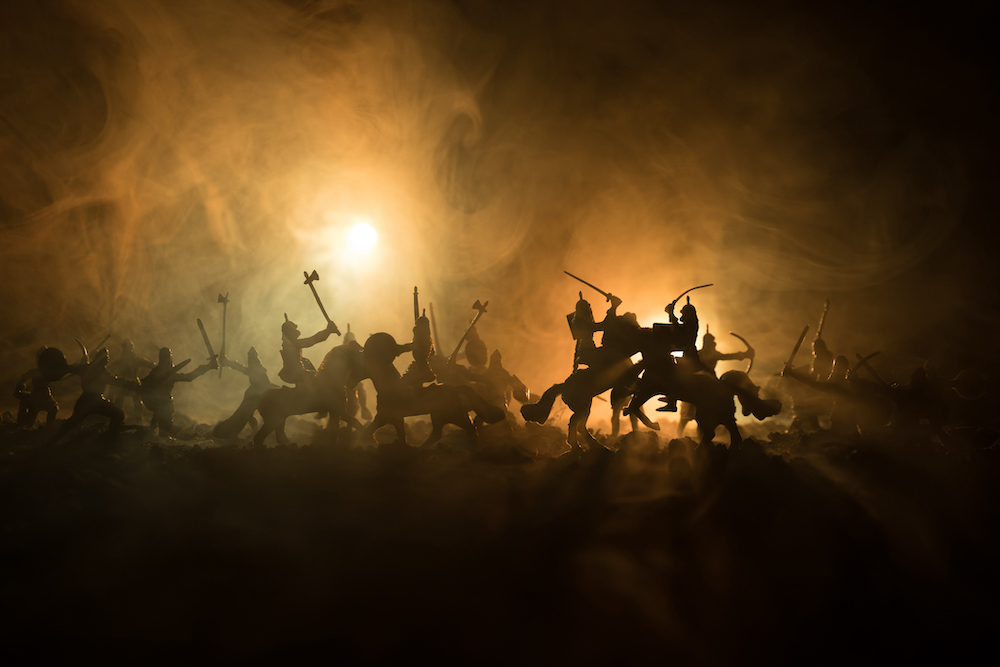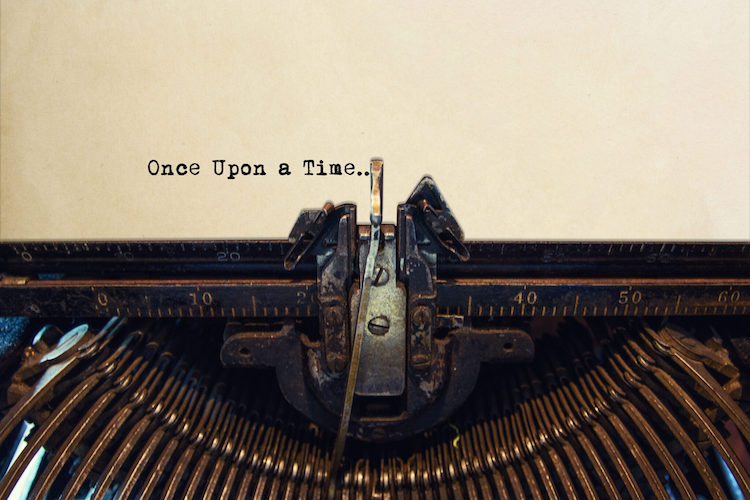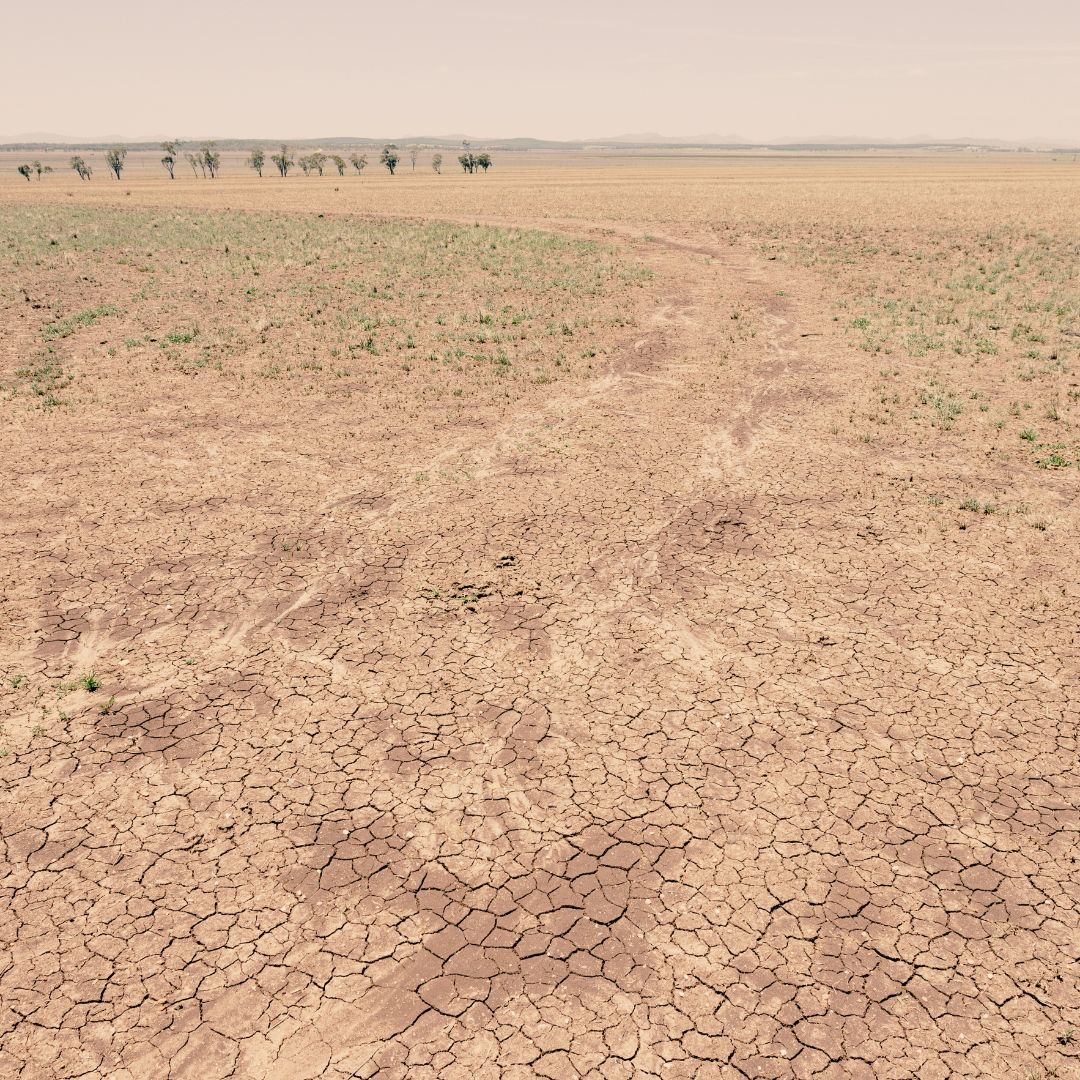Featured in

- Published 20240206
- ISBN: 978-1-922212-92-4
- Extent: 204pp
- Paperback, ePub, PDF, Kindle compatible


Already a subscriber? Sign in here
If you are an educator or student wishing to access content for study purposes please contact us at griffithreview@griffith.edu.au
Share article
About the author

Michael L Ondaatje
Michael L Ondaatje is Head of the School of Humanities, Languages and Social Science, and Professor of History, at Griffith University. He is an...
More from this edition

James and the Giant BLEEP
Non-fictionIt’s in this way that supposedly untranslatable words, for which our language has no exact or close synonym, are often so deeply pleasurable: not because those words reveal something about a worldview that’s unfamiliar or foreign to us but precisely the opposite.

Nothing ever lasts
Non-fictionBut I hate thinking of myself as the diversity hire. As I said, I’ve worked in the industry for over a decade. ‘I belong in this room,’ I told myself. I’m not a token – despite being called that so many times in my career that I’ve lost count. I’ve earned my place.

Pentax ME Super
PoetryHistory is a heavy handful and a sore neck, but it is safer than memory.